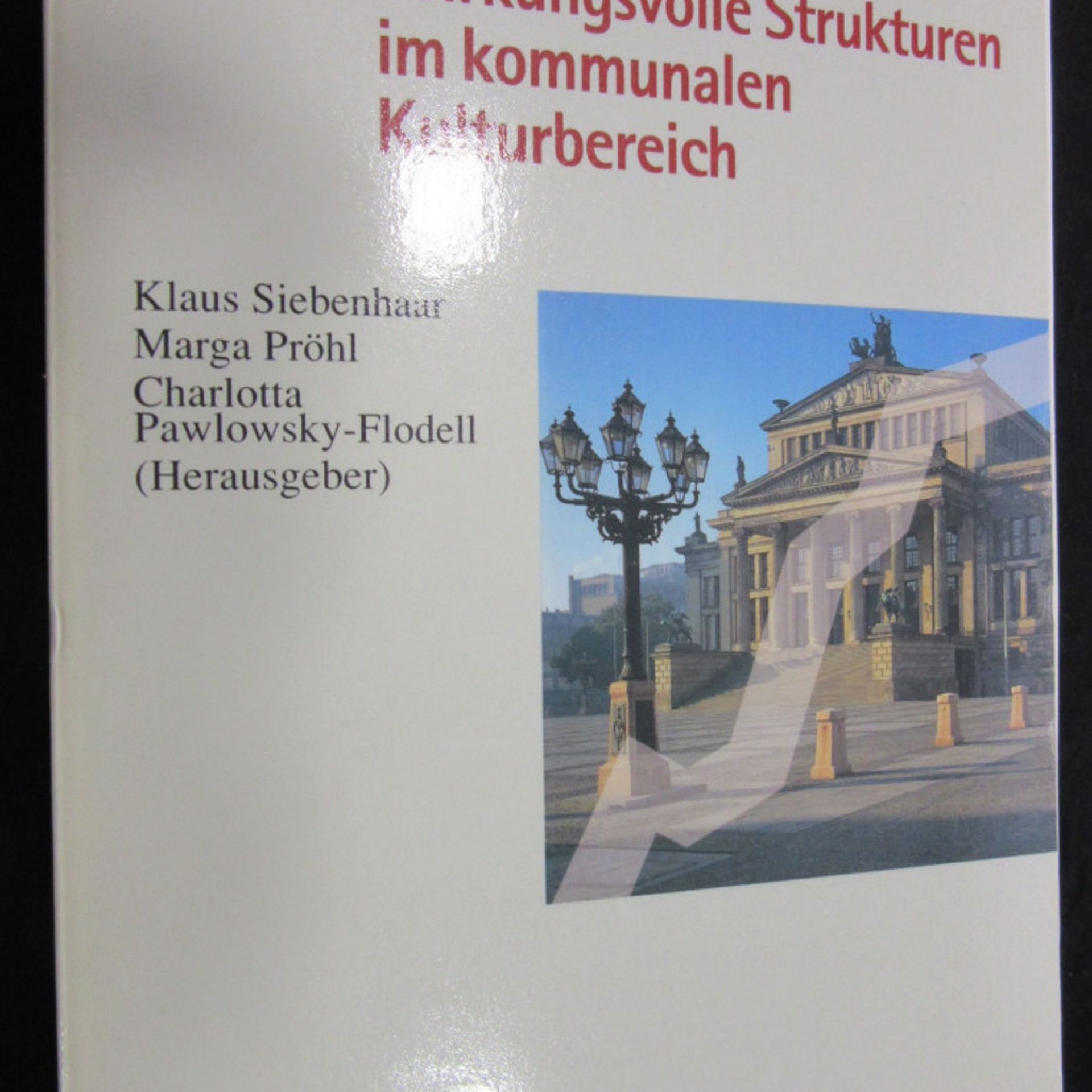Die Probleme und Herausforderungen, vor denen unsere Gesellschaft steht, werden komplexer und sind im Zuge der Internationalisierung und Globalisierung kaum noch lokal eingrenzbar und beherrschbar. Nichtsdestotrotz finden sie in den Städten und Gemeinden ihre konkrete Ausprägung. Um lokal angemessene Lösungen zu finden, müssen Politik und Verwaltung gleichberechtigt mit den wichtigen Partnern vor Ort zusammenarbeiten – seien es Unternehmen, Gewerkschaften, Vereine, Kirchen oder nicht-organisierte Bürger. Strategisches und vernetztes Handeln braucht wirksame Instrumente, angemessene Konzepte und Sollmodelle. Ein solches Konzept ist 'Good Governance'. 'Good Governance' steht für mehr Demokratie und weniger Staat, für Partnerschaft, Wirksamkeit und Transparenz im Dreieck von öffentlichem, privaten und dritten Sektor. Die Bertelsmann Stiftung hat ein Kriterienset entwickelt, das es den Akteuren erlaubt, den 'Good Governance'-Status einer lokalen oder regionalen Einheit einem 'Check' zu unterziehen. Im vorliegenden Band werden die Kriterien vorgestellt und anhand internationaler Beispiele erläutert.
Marga Pröhl Knihy

